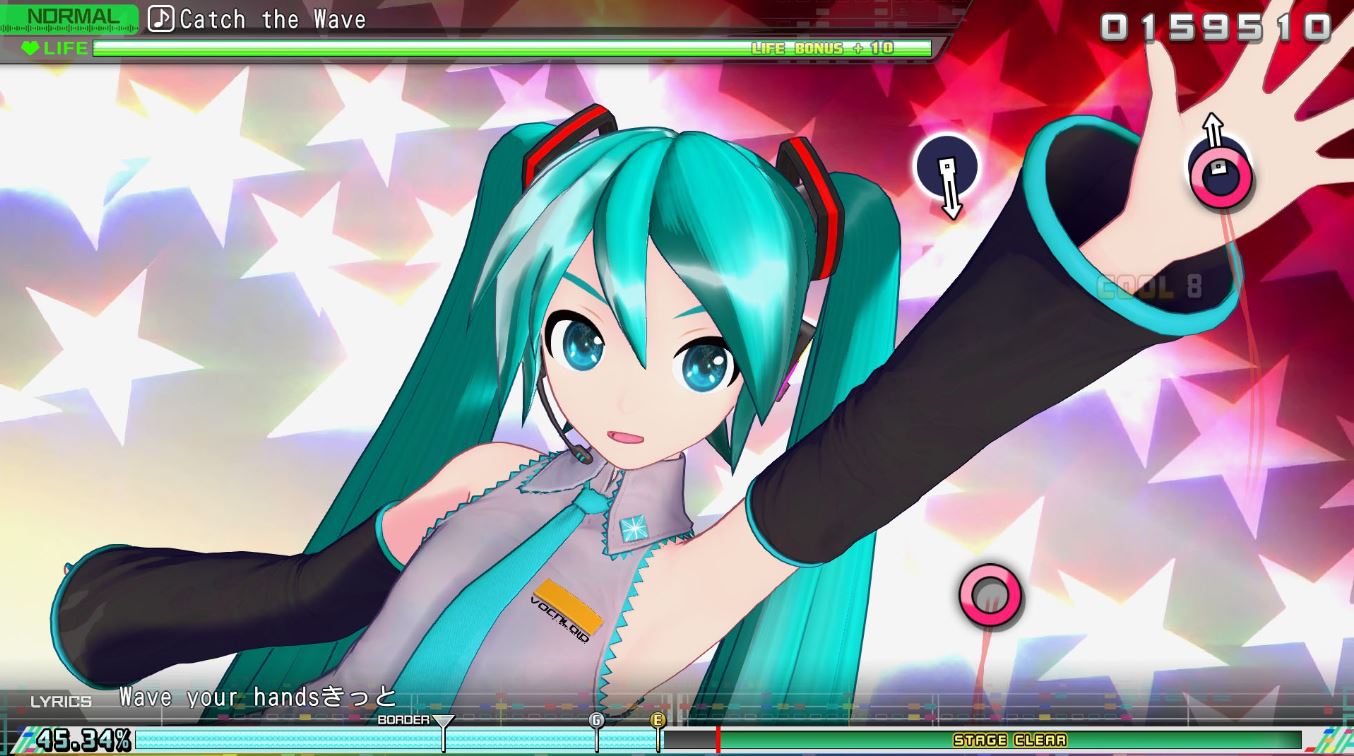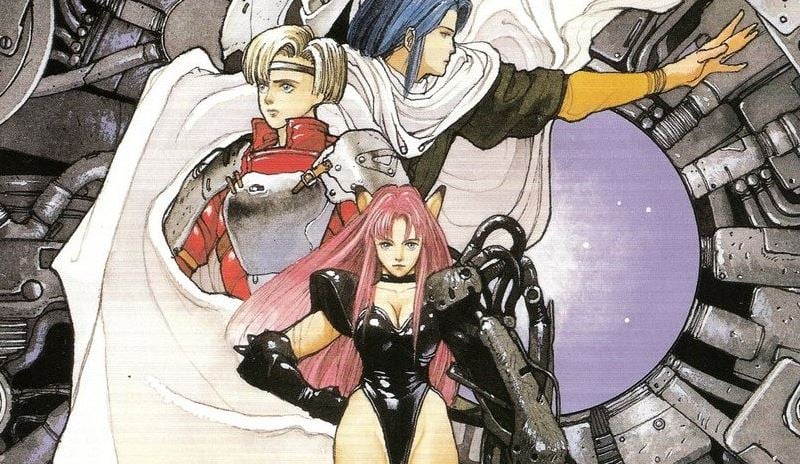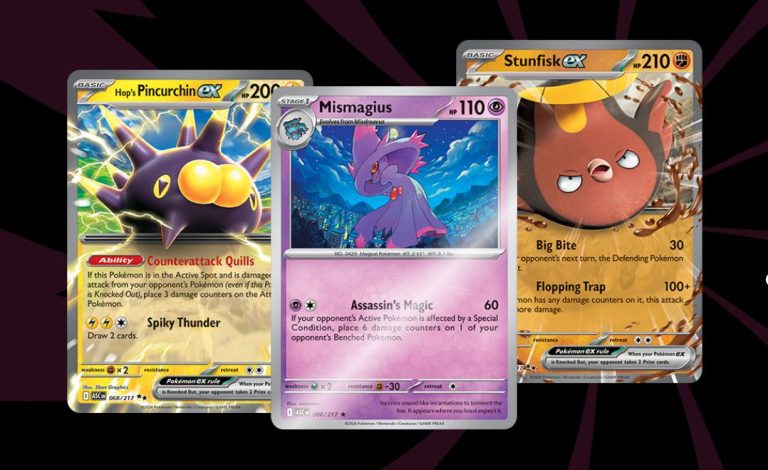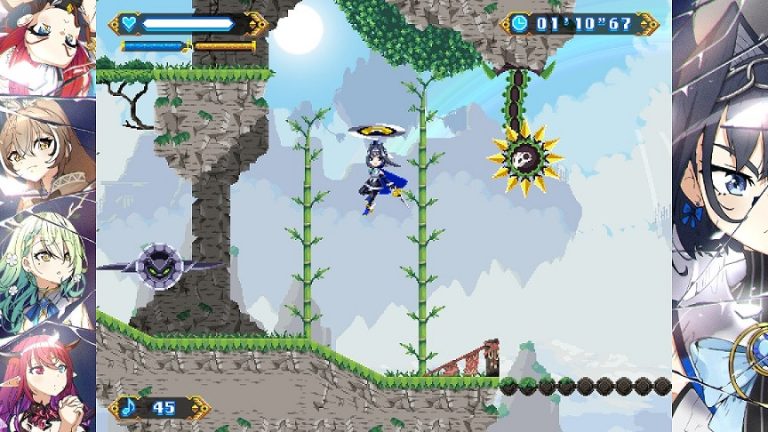Three longtime Sega veterans Toru Ohara, Takaharu Terada and Toru Yoshida – who worked on the Phantasy Star and Sakura Wars series – recently spoke to 4Gamer about how the job of game developers has changed since the 1990s and 2000s. One point they lingered on was the culture of “practically living at the office” to stay on top of tight development schedules.
“In the 1990s, every new Sega office was equipped with nap rooms and showers. Even in the 2000s, the two Haneda bases still had them, and I believe people continued to use them,” Yoshida comments. “It was basically expected that people would be sleeping over at the office.”
Naturally, these nap rooms are no longer a thing, partly due to Japanese workstyle reforms cracking down on things like excessive overtime and poor working conditions over the years. But back in the day, they were not only common, but often occupied at full capacity, meaning some employees had to devise their own sleeping “nests” on the floor or using chairs.
According to Terada, nap rooms stuck around until as late as the early 2010s – the last time he used one was while working on Hatsune Miku Project DIVA Arcade, which released in 2010. “However, they were gone for good around 2012, if I remember correctly,” he commented.

While it depended on the person, Terada says game designers like him and Ohara were practically “never not busy,” which meant they’d stay at the office throughout the whole workweek, only going home for the weekend. “For projects with short deadlines, our only option was to stay overnight.” Much of the excessive workload came from how analog the development environment was – bug reporting used an entirely physical ticketing system, so the developers had to process stacks of papers daily. According to Yoshida, crunch culture at Sega peaked during the Sega Saturn era, “when you’d see whole teams pulling all-nighters during the debugging stage.”
On the other hand, it doesn’t seem like all of their time was dedicated to slaving away at their desks. Ohara and Terada mention that their nights at the office sometimes included gaming together, blurring the line between work and play. “Those times were also a way for us to communicate, and sometimes it even sparked new ideas. So I think we kind of enjoyed and valued those nights at the office. It didn’t really feel like a company, in some ways it felt more like a club activity.”
Related articles: Legendary Capcom artist Akiman says he worked overtime like crazy because he wanted to “beat other big game companies”





